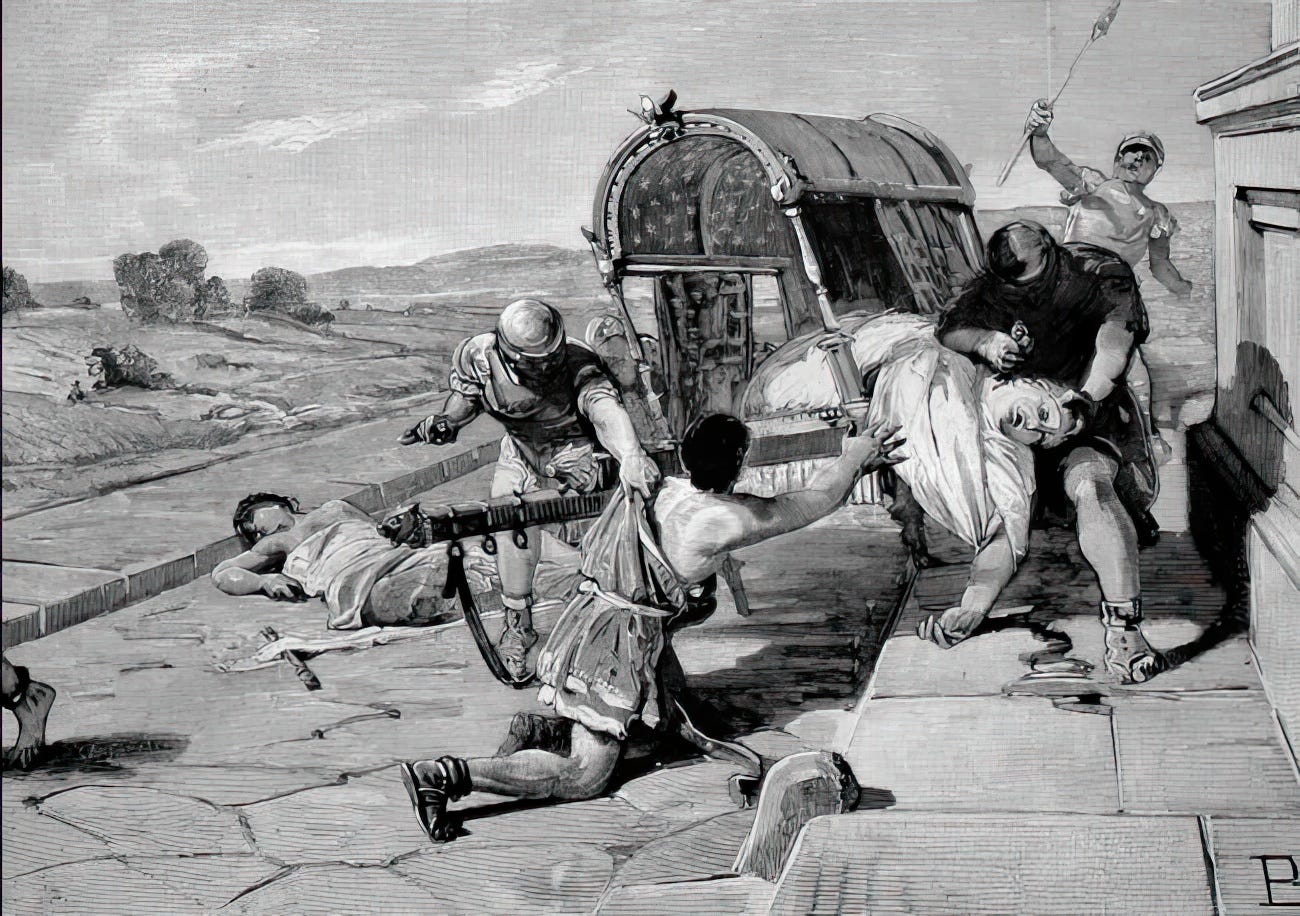Cicero gets it in the neck
Marcus Tullius Cicero (106 BC- 43BC) was a man of many talents: lawyer, orator, statesman, philosopher. Timing, however, was not his strong suit, as it was his misfortune to be born just as the four-hundred-year-old Roman Republic was entering its terminal stage. Elected consul in 63BC, he defended those ancient principles wit…
Keep reading with a 7-day free trial
Subscribe to Thus Spake Daniel Kalder to keep reading this post and get 7 days of free access to the full post archives.


